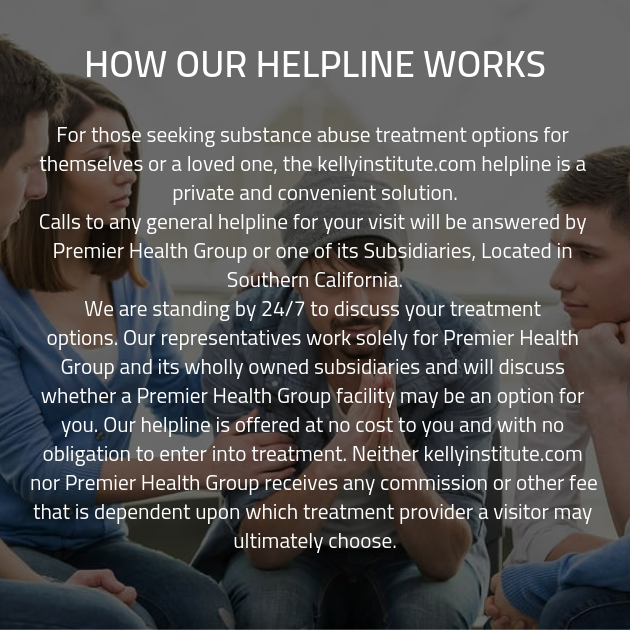Call Us for Immediate Help
(469) 490-1621
807 Central Expy Allen, TX 75013
Becoming clean and sober is a journey that can take a lifetime. The road to sobriety from drug or alcohol abuse can be started with just a few steps, and it is worth the time and effort that is necessary to put into it. A drug rehab facility can help you or a loved one become the person they once were. Clients who admit themselves into an addiction recovery facility will gradually learn the steps it takes to live a sober and drug-free life. At the Kelly Institute in Allen, Texas, we’re waiting to offer this opportunity to you!
Supervised Detox
At our addiction treatment facility, supervised detox is the first step on the road to recovery. No detox should ever be performed without the supervision of a professional, since detoxing from alcohol or drugs alone can cause severe complications. Clients will be closely monitored for signs of withdrawals, such as hallucinations, cardiovascular distress, nausea, and delirium tremens. Monitored detox is a crucial step to recovery and is where a bond will begin to develop between the client and his or her treatment team in the drug detox clinic.
Dual Diagnosis
After the client goes through any withdrawals they are having in the addiction treatment center, they can then continue on with their rehabilitation. Dual diagnosis is an important treatment for clients who are addicted to alcohol or drugs and have a co-occurring mental health disorder. About half of addicts have a co-occurring disorder, such as anxiety, depression, or manic depression along with their addiction to drugs or alcohol. These are two separate illnesses and will need to be treated individually. Clients will meet with counselors one-on-one and will also engage in group therapy. Each client will be treated with their own personalized treatment plan that has been specifically catered toward their needs and problems.
Individual Therapy
Individual behavioral therapy in an addiction recovery program will help the client understand why they became addicted to the substance in the first place, and why they continued to abuse it. Clients will have the chance to talk directly to their counselor and work on the best course of action for their life after they are released. They will learn how to direct their energy and focus to other things that will help them stay away from addiction. Clients will learn how to identify triggers and how to avoid them in the future. Behavioral changes are crucial to an addict in order for them to continue to lead a sober life.
Group Therapy
Drug rehab centers frequently include group therapy as part of the healing process, and the Kelly Institute in Allen, Texas is no exception. Clients can lean on one another for additional support, as hearing and talking through similar problems with peers can help speed the healing process along. In an addiction recovery center, talking openly and honestly is an important part of understanding oneself and what triggers a client’s addiction. Support within a safe and loving community is an integral part of recovery.
Aftercare
After the rehabilitation process has been completed and the client moves on with his or her life, aftercare is still an important part of the process. Aftercare may become part of the client’s lifelong plan and may include group meetings, individual counseling, recreational outings and more. Some programs are specifically directed towards alcohol abuse while others are geared towards both alcohol and drug abuse. Aftercare is an essential part of the rehabilitation process and one that will help keep the client clean and sober.
Our drug rehab center in Allen, Texas will help clients who are looking for addiction recovery no matter where they are. We are here to provide assistance, support, treatment, and ongoing aftercare to everyone who walks through our doors, in a safe and completely confidential manner. We are committed to giving our clients the best treatment possible no matter what their addiction. Our substance abuse treatment facility is here to help you or your loved one maintain a healthy recovery.


